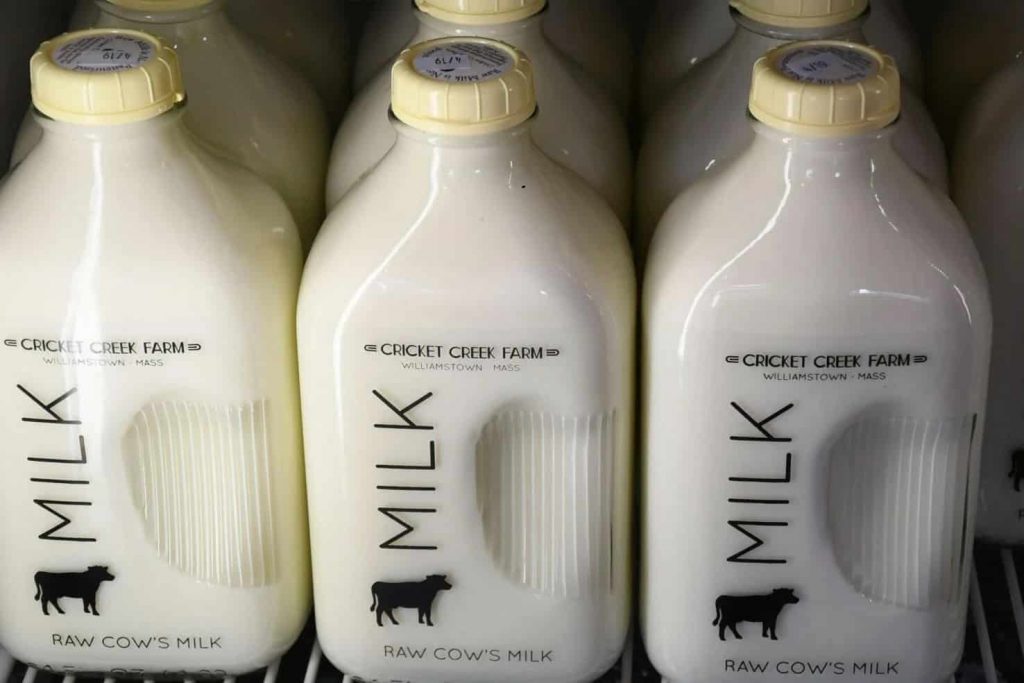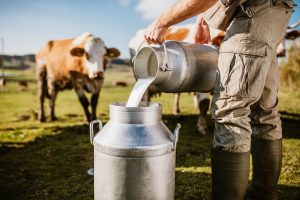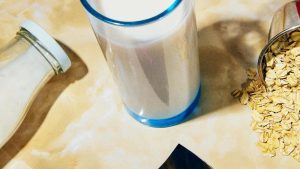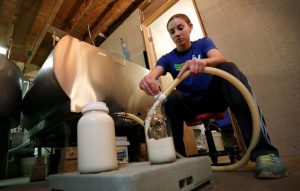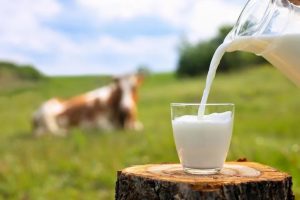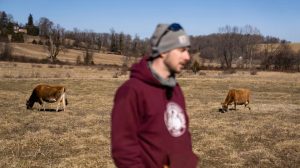
Currently, state law restricts sales of raw milk to the property where it’s produced. Consumers can travel to a dairy farm that packages raw milk — there are a handful across Berkshire County — but farmers can’t bring raw milk to a local or regional farmers market. A bill being considered on Beacon Hill would change that.
It’s not the first time this controversial issue has dropped into the Legislature’s bucket. The bill state Sen. Anne M. Gobi, D-Spencer, filed earlier this session (S.43) is similar to one she filed last year. In addition to allowing raw milk sales at farmers markets, it would also allow dairy farmers to sell raw milk at farm stands apart from their contiguous property and deliver raw milk directly to consumers, including through community supported agriculture programs.
The controversy that has swirled around this issue stems from what some see as public health concerns. Unlike the stuff you’d usually find in the dairy aisle at the supermarket, raw milk is unpasteurized. Pasteurization is a process intended to kill or deactivate potentially harmful microorganisms in food products like milk by heating it before packaging and distribution.
Raw milk fans say this process affects the taste of milk and makes it less nutritious (though the Food and Drug Administration plausibly denies that latter claim). Others say consuming milk that hasn’t been pasteurized increases risk of foodborne illness such as E. coli, listeria and salmonella — a risk the Centers for Disease Control and Prevention says is underscored by recent nationwide research.
It’s fair to say there is some evidence to raw milk critics’ claims that its consumption comes with risks. For policymaking purposes, though, the critical question is this: Why should state law reflect that this risk is acceptable when consumers travel to a dairy farm but unacceptable when farmers bring their wares to a local farmers market? While raw milk does carry increased pathogen risk compared to pasteurized product, it’s far from the only possible vector of foodborne infection at farmers markets (or supermarkets, for that matter). And dairy farms that produce raw milk for consumption in Massachusetts have to be licensed, which means there is an enforcement mechanism in place to encourage stricter sanitation standards and penalize farms that shirk them. Further, the legislation in question would also compel the state Department of Agricultural Resources to develop reasonable rules about handling and transporting raw milk for delivery to farmers markets or directly to consumers.
Whatever the risks, folks who like raw milk can already buy it in Massachusetts — it’s just more inconvenient to procure, meaning the dairy farms licensed to produce it take a hit on their potential sales. The commonwealth lets licensed businesses big and small sell legalized products that carry considerable risk not just to individual consumers but public health as well. As supermarkets pad their revenues by selling liquor while small farms struggle, is it fair to arbitrarily restrict some dairies to selling their wares only on their farm and not at the downtown farmers market?
We think not, and this legislation seems like a fair way to address that arbitrary dynamic facing some Berkshire farms.
